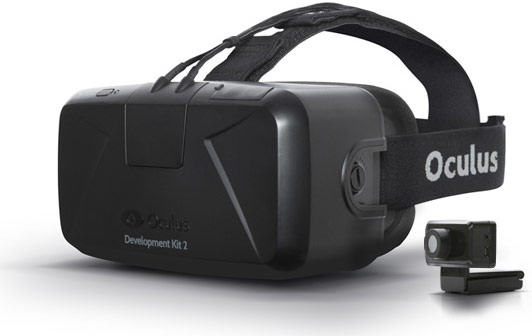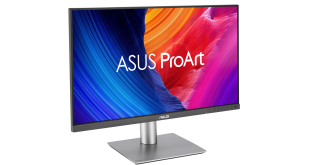The acquisition of Oculus VR company by Facebook caught everyone in the industry by surprise. It took just around two years between collecting money for the start-up on Kickstarter and selling it for whopping $2 billion of dollars. Still many gamers and enthusiasts are not happy with the deal. Palmer Luckey, the founder of Oculus VR, decided to explain some outraged users via Reddit that Facebook is a better home than Apple or Microsoft.
Selling the company, which has not developed a single commercial product, is a miracle by itself. However, if you think about it, then it will turn out that Facebook got a promising technology that it wants to leverage beyond gaming. At present Facebook intends to extend Oculus’ existing advantage in gaming to new verticals, including communications, media and entertainment, education and other areas. It believes that virtual reality technology is a strong candidate to emerge as the next social and communications platform.
While there is clearly nothing bad about leveraging the gaming technology beyond games, the existing users of Oculus Rift VR helmet believe that Facebook over time will simply re-focus the project from gaming to more mainstream applications. Apparently, the co-founder of Oculus VR sees it differently. He claimed that at Facebook Oculus VR would remain independent, whereas at Apple or Microsoft it would have been integrated into the structures of both companies and would have clearly lost the current focus after being generally disintegrated.
“Why would we want to sell to someone like (Microsoft) or Apple?” he asked. “So they can tear the company apart and use the pieces to build out their own vision of virtual reality, one that fits whatever current strategy they have? Not a chance.”

It is noteworthy that Mr. Luckey went on to say that Oculus VR did not need money, it secured $75 million from various investors back in December. He insisted that the sale to Facebook would let Oculus VR to become bigger and more influential in general.
“We don't have to compromise on anything, and can afford to make decisions that are right for the future of virtual reality, not our current revenue,” said the founder of Oculus VR. “Keep in mind that we already have great partners who invested heavily in Oculus and got us to where we are, so we have not had full control of our destiny for some time. Facebook believes in our long term vision, and they want us to continue executing on our roadmap, not control what we do.”
KitGuru Says: Hopefully, the founder of Oculus VR knows what he is doing and what the effect might be. The history of acquisitions knows a lot of examples when take-overs helped technologies to get developed and get to market faster. However, we also know that in many cases large companies slowdown innovation…
 KitGuru KitGuru.net – Tech News | Hardware News | Hardware Reviews | IOS | Mobile | Gaming | Graphics Cards
KitGuru KitGuru.net – Tech News | Hardware News | Hardware Reviews | IOS | Mobile | Gaming | Graphics Cards



